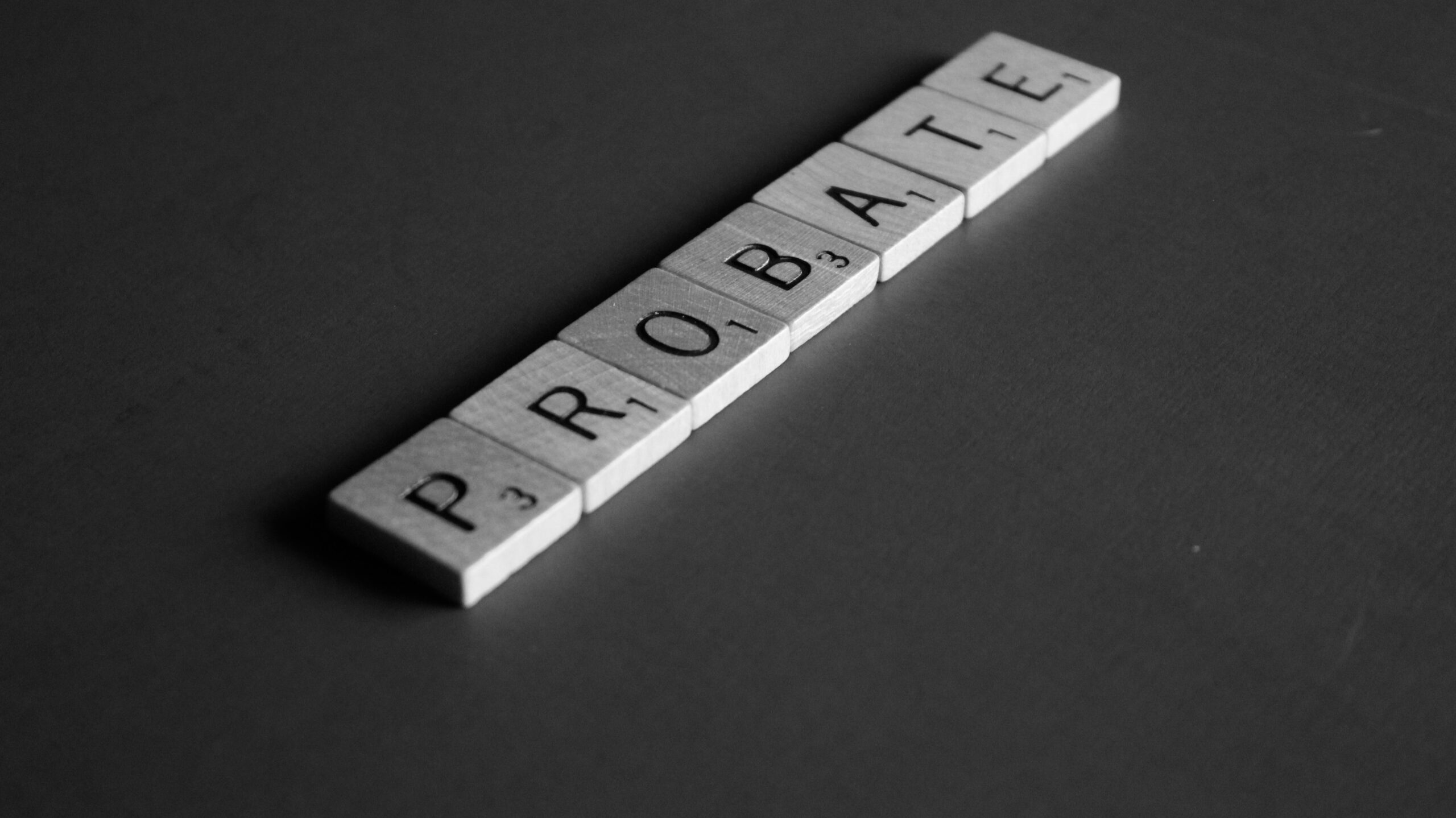A Guide to Disinheritance in Probate

Disinheritance is one of the many facets of Probate Law. It means Will’s testator tweaks their Will and prevents someone from receiving a share of their property.
A Will-maker may add or remove beneficiaries to his Will at any time. However, the story doesn’t just end there. There are a lot more things to consider in the matter of disinheritance.
In this definitive guide, we will see all those essential angles to disinheritance in Probate. Read until the end so as not to miss a crucial point.
What is Disinheritance?
An individual is disinherited when he or she is denied the chance to inherit from a decedent’s estate.
A testator is the Will maker, and the disinherited individual is someone who was a beneficiary under an earlier Will or would be entitled to inherit if there was no Will (intestate).
Every Will-maker has the right to choose his or her beneficiaries.
What Causes Disinheritance?
Disinheritance is frequently the result of a strained relationship or the absence of recent communication with the testator.
For instance, a parent and an adult child may dispute a highly charged matter, such as the adult kid’s lifestyle, choices, or religion. It results in alienation, and the parent feels free to stop supporting a kid who is no longer actively involved in their life.
A testator may exclude someone from inheritance for different reasons on occasion. Besides the rift or hostility within the family, a testator may also exclude someone from a Will to be fair to other beneficiaries.
Sometimes, a parent may have left significant assets to one kid as an early inheritance. If so, the parent could believe leaving their remaining assets to the other children is only fair.
Other reasons could be as follows.
- the birth of a child or grandchild;
- a marriage;
- a divorce;
- the death of a dear one; or
- any investment, such as buying or selling a home.
There are provisions in the legislation to cater for these instances. The Court will consider what a fair testator would have done in a similar situation. The Court won’t overturn the terms of the Will if a rational testator would have left the person out.
How Should a Disinherited Person Respond?
When someone is disinherited under a Will, there may still be a means for them to earn their just provision. Upon disinheritance, some beneficiaries qualify to file a lawsuit against the deceased’s estate.
The Succession Act 2006 of New South Wales, for example, permits a child and spouse of the dead, in addition to any financial dependent, to submit a Family Provision Petition to the Supreme Court.
The claimant must show the unfair disinheritance by proving:
- Their right to inherit from the estate; and
- Their present and future financial requirements.
The Court will evaluate each case on its individual circumstances. However, it will also consider how it may affect other beneficiaries and claimants (if any).
As previously stated, the Court’s conclusion will depend on what a rational testator would have done, given the specific facts of the case.
What is Equitable Proprietary Estoppel?
A disinherited person is not powerless yet. He or she can also turn things around with proper guidance.
They may have grounds to assert an equitable proprietary estoppel action if they were promised a bequest by the deceased but did not receive it in their Will. Individuals who can’t file a Family Provision claim against the estate can use this alternative.
For the benefit of harmed parties unable to depend on contractual law, such a claim is brought in equity. This legal action intends to give people who have incurred loss because they counted on someone else’s word.
Compared to a Family Provision Claim, this claim is more difficult to substantiate with evidence. The courts have recognised that because the deceased cannot provide their account of what happened. It is a claim that relies solely on one person’s memory of the events.
A claimant for equitable proprietary estoppel must prove three things to succeed:
- The testator promised the gift at some point during their lifetime;
- The claimant relied on the promise; and
- The claimant has experienced loss by relying on the promise.
Given all these circumstances, it would be unreasonable for the deceased to exempt the claimant from the estate.
The gift became the claimant’s property as soon as the testator made the promise. Thus the Court may rule that it should not be considered an asset of the decedent’s estate if the claim is verified.
Final Say
Disinheritance is a significant life change. For sure, there will be some reason behind this decision, but they may or may not be valid reasons. Thus, one need not get disheartened at the mere idea of disinheritance.
There are ways you can dispute it, but it requires careful thought and guidance. That is why we say consulting a professional before making any claim with the Court is vital.
The lawyer will inform you of what’s possible and what’s impossible, which will give you clarity on your next steps.
You may also check out Probate Consultants. Book a free consultation with them and find more information on every question you have about Probate. From “do all wills have to go through probate in Australia?” to “what are my options in disinheritance?”, no matter what your question is, they will help you with it all.
We hope you understand the concept of disinheritance well after reading this guide. If you have more follow-up questions, you can leave us a comment.
We hope you make the right decision!




























